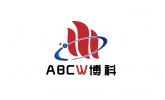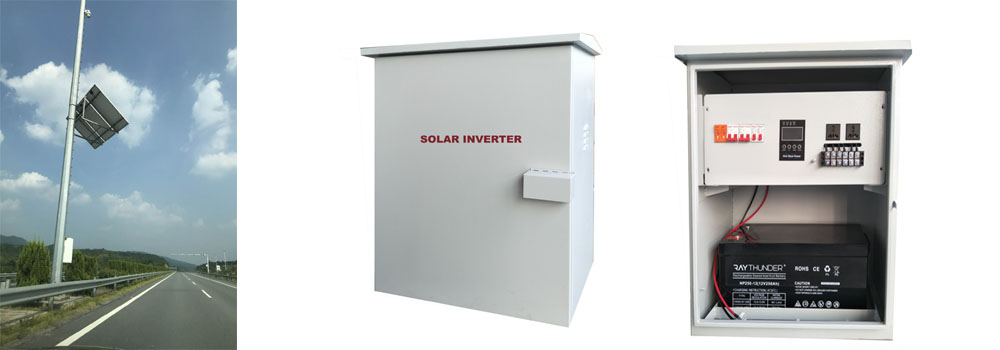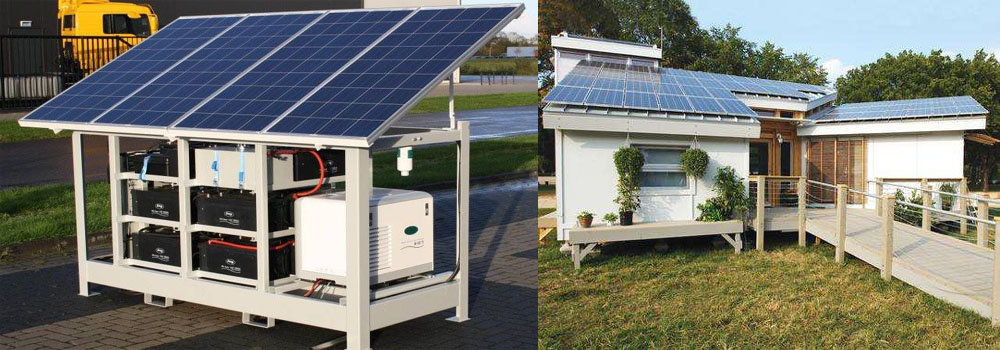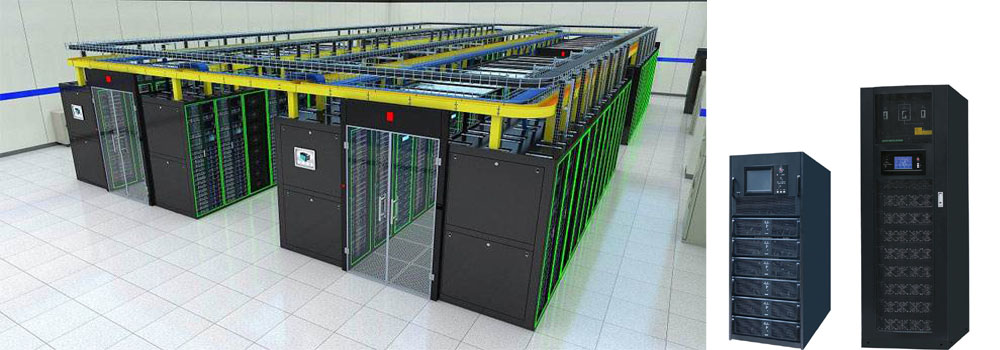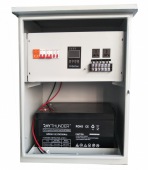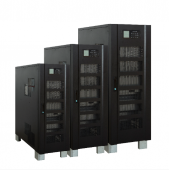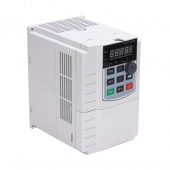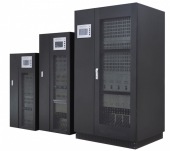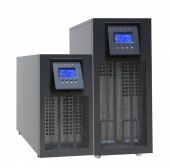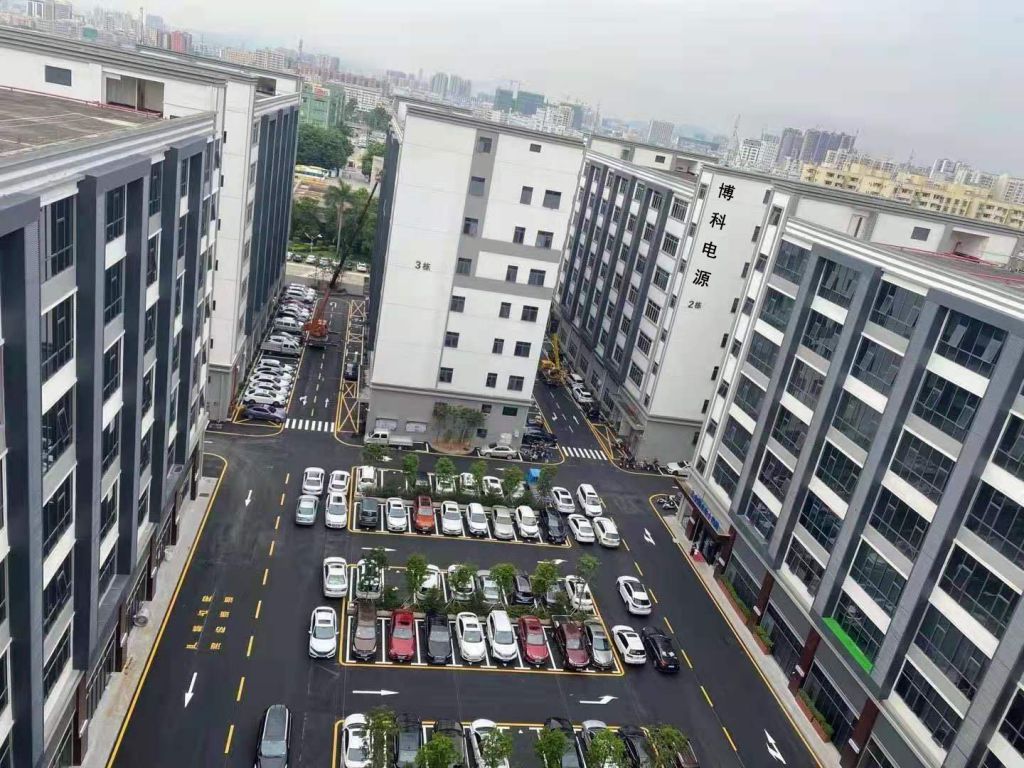 Shenzhen Abcw Power Technology Co., Ltd was established in 2015, with the headquarter in Hong Kong, which is a professional Hi-tech enterprise specializes in the research, development and manufacturing of UPS, AC inverter, solar inverter, Solar charger controller Our comprehensive product lines include: UPS, power inverter, solar inverter, solar controller. Most products are with CE certificate and IS9001 quality certificate. We are one of the authorized suppliers for China Government.
Shenzhen Abcw Power Technology Co., Ltd was established in 2015, with the headquarter in Hong Kong, which is a professional Hi-tech enterprise specializes in the research, development and manufacturing of UPS, AC inverter, solar inverter, Solar charger controller Our comprehensive product lines include: UPS, power inverter, solar inverter, solar controller. Most products are with CE certificate and IS9001 quality certificate. We are one of the authorized suppliers for China Government.
Abcw Power Limited with an excellent R & D team formed by over 5 engineers, and together 2,000 square meter in-house manufacturing facilities in Shenzhen, Guangdong, China.
Supervising and controlling each set which has been sold is the basic work mission of the after-sales service. The after-sales service system record each set equipment information in detail and its movements environment .ABCW after-sales service system according to customer's information, providean all-round after-sale service, insures customer's 100% trust.
The periodic telephone patrols service:ABCW after-sales service will aim to protectinside maintenance of the equipments which carry on a periodic telephone to patrol, detailed record of equipments, after-sale service will reflect toward to engineer immediately, and feed back to customers in the shortest time.
The professional assured check on the scene: Long time to aim at equipment movement , Abcw sends an engineer to the site to check equipments movement condition , any problems which may arise according to the plan so as to provide maintenance meantime .The engineer will record the checking results into after-sales service system , in order to monitor at any time.
The periodic reports summary: Engineer is responsible for ministrant product to provide the report, equipments usage to maintain work summary and environment of equipments.As for maintenance,it need report valuation. We will periodically hold meeting to examine the movement condition of the equipments and put forward solution.
Shenzhen Abcw Power Technology Co., Ltd !

Chinese investment in Sri Lanka will not pose a threat to other countries, including India, according to the island nation's prime minister.
During Prime Minister Ranil Wickremesinghe's visit to Beijing, the Sri Lankan government sought more investment despite a compensation claim from a Chinese company involved in a major port project remaining unresolved.
Wickremesinghe, who wrapped up his first visit to China over the weekend, said on Saturday that his government is giving special status to the Colombo Port City project and that the port's profitable future has attracted many Chinese investors.
"The port city and megalopolis is not a threat to anyone. It's an opportunity for everyone to make money," he said.
"We met with many Chinese companies and they are all interested in coming into Sri Lanka," Wickremesinghe said.
The Port City project, contracted to State-owned China Communications Construction Co in 2013 with investment of $1.4 billion, is Sri Lanka's biggest single foreign investment. However, the project was suspended in January last year after the new Sri Lankan government ordered a review.
The Chinese company, which has estimated that the suspension will cause losses of more than $380,000 a day, has sought compensation of $125 million, according to the Sri Lankan government, which has said it cannot pay and wants to negotiate.
On Thursday, Premier Li Keqiang told Wickremesinghe that China will work with Sri Lanka to push for a resumption of the project.
Wickremesinghe said on Saturday that he did not discuss the compensation issue with Chinese leaders during his visit, as he did not think it was a major problem.
He said the port city is a joint venture involving Chinese and Sri Lankan companies, but Indian companies would be welcome to join it. His administration has had discussions on the issue with the Chinese government and Chinese banks.
The port city is part of a plan for a "megalopolis" with a population of 8 million, and there will be more opportunities for infrastructure development by Chinese and other companies, Wickremesinghe said.
"We welcome Chinese investment in areas including tourism, infrastructure and power," he added.
Describing Sri Lanka as the most important country in the Indian Ocean for China's Belt and Road Initiative, Wickremesinghe said his nation is reviving its position as an Indian Ocean hub, which is connected to the China-proposed 21st Century Maritime Silk Road.
Wang Qingyun contributed to this story.

Sri Lankan PM says port project no threat 2016-04-11
Chinese investment in Sri Lanka will not pose a threat to other countries, including India, according to the island nation's prime minister.
During Prime Minister Ranil Wickremesinghe's visit to Beijing, the Sri Lankan government sought more investment despite a compensation claim from a Chinese company involved in a major port project remaining unresolved.
Wickremesinghe, who wrapped up his first visit to China over the weekend, said on Saturday that his government is giving special status to the Colombo Port City project and that the port's profitable future has attracted many Chinese investors.
"The port city and megalopolis is not a threat to anyone. It's an opportunity for everyone to make money," he said.
"We met with many Chinese companies and they are all interested in coming into Sri Lanka," Wickremesinghe said.
The Port City project, contracted to State-owned China Communications Construction Co in 2013 with investment of $1.4 billion, is Sri Lanka's biggest single foreign investment. However, the project was suspended in January last year after the new Sri Lankan government ordered a review.
The Chinese company, which has estimated that the suspension will cause losses of more than $380,000 a day, has sought compensation of $125 million, according to the Sri Lankan government, which has said it cannot pay and wants to negotiate.
On Thursday, Premier Li Keqiang told Wickremesinghe that China will work with Sri Lanka to push for a resumption of the project.
Wickremesinghe said on Saturday that he did not discuss the compensation issue with Chinese leaders during his visit, as he did not think it was a major problem.
He said the port city is a joint venture involving Chinese and Sri Lankan companies, but Indian companies would be welcome to join it. His administration has had discussions on the issue with the Chinese government and Chinese banks.
The port city is part of a plan for a "megalopolis" with a population of 8 million, and there will be more opportunities for infrastructure development by Chinese and other companies, Wickremesinghe said.
"We welcome Chinese investment in areas including tourism, infrastructure and power," he added.
Describing Sri Lanka as the most important country in the Indian Ocean for China's Belt and Road Initiative, Wickremesinghe said his nation is reviving its position as an Indian Ocean hub, which is connected to the China-proposed 21st Century Maritime Silk Road.
Wang Qingyun contributed to this story.

Steel mills shift to exports as market sags
By DU JUAN (China Daily) Updated: 2015-04-30 10:18
|
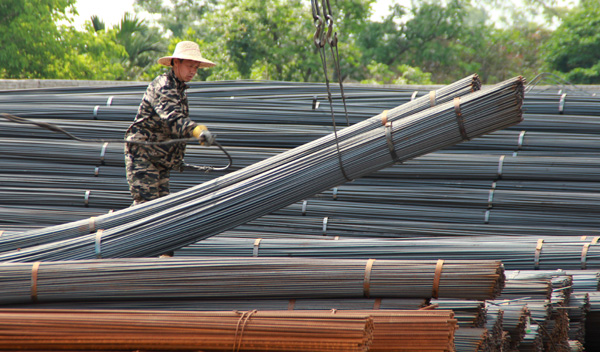
|
|
A worker guides the transport of steel products at a market in Haikou, capital of Hainan province. First-quarter steel exports surged 40.7 percent to 25.78 million metric tons as mills responded to weak domestic demand and falling prices. [Photo/China Daily] |
First-quarter steel exports surged 40.7 percent to 25.78 million metric tons as mills responded to weak domestic demand and falling prices, the China Iron and Steel Association said on Wednesday.
"Although domestic steel companies face increasing trade disputes in foreign markets, exports will continue to increase, driven by global demand and the companies' price competitiveness," said CISA Vice-President Zhu Jimin.
The jump in exports also reflected a low base of comparison, he said.
Zhu said that overseas sales will grow more slowly this year because the government has ended export rebates for certain steel products.
After rebates were eliminated, steel exports weakened from 10.3 million tons in January to 7.8 million tons in February and again to 7.7 million tons in March, according to CISA data.
Even though demand and prices fell, while environmental protection costs rose, the industry's first-quarter aggregate loss narrowed. Medium-sized and large mills lost a total 987 million yuan ($159.6 million), compared with 8 billion yuan a year earlier, the association said.
The booming stock market offset deficits in steel mills' core business.
"Many steel companies invested in the stock market in recent months, which helped their financial performance," said Chen Yuqian, deputy director of the finance and assets department of the CISA.
He said the companies' steel operations recorded a total loss of 11.05 billion yuan in the first quarter, 3.43 billion yuan more than a year earlier.
Some giant steel companies that own iron ore mines experienced even bigger problems as the prices of the raw materials slumped from $133 a ton at the beginning of 2014 to about $51 a ton late last month.
"Falling iron ore prices have helped Chinese steel mills cut costs for raw materials, but declining prices made some steel giants including Shougang Group and Hebei Iron and Steel Group post huge losses in their mining segment," Zhu said.
In the past, owning mines was a good way to control raw material cost for Chinese steel mills, but now it is a burden because of sharply falling global iron ore prices, he said.
Compared with low-cost iron ore products from Brazil and Australia, China's domestic iron ore has no quality or cost advantage.
China imported 227 million tons of iron ore in the first quarter, up 2.3 percent year-on-year.
Zhu said up to 80 percent of China's iron ore will be imported this year, which is not good for the security of the country's steel industry.
Copyright v2.0.1 ©2015 Shenzhen Abcw Power Technology Ltd
Adds:Floor 6th #2 building Xunyuan Zhichuanggu Fengtang Blvd Fuhai Street Baoan District Shenzhen Guangdong PRC. URL:http://www.abcwpower.net
